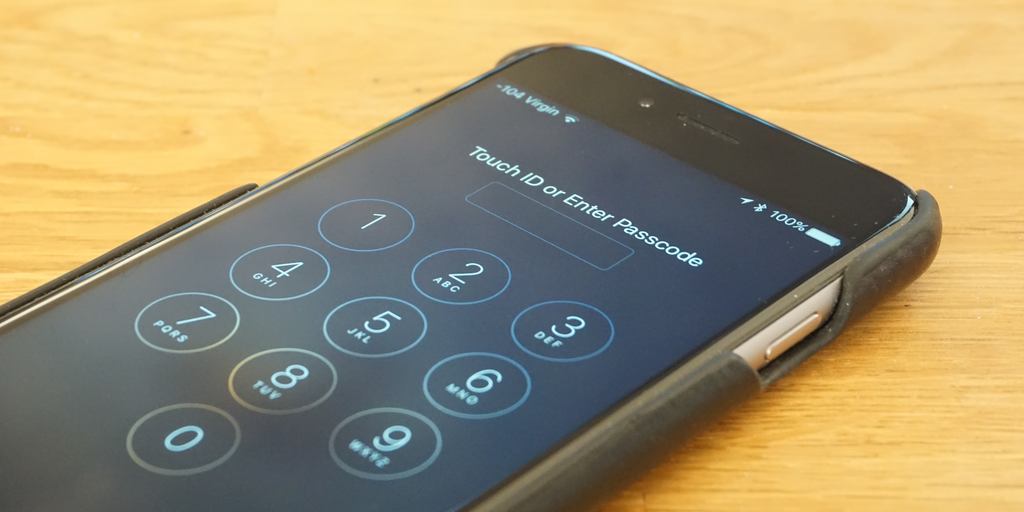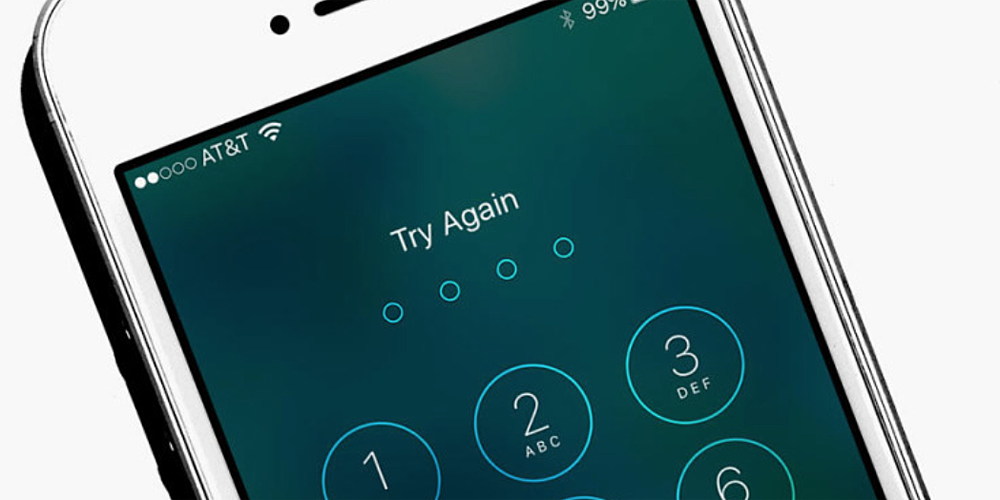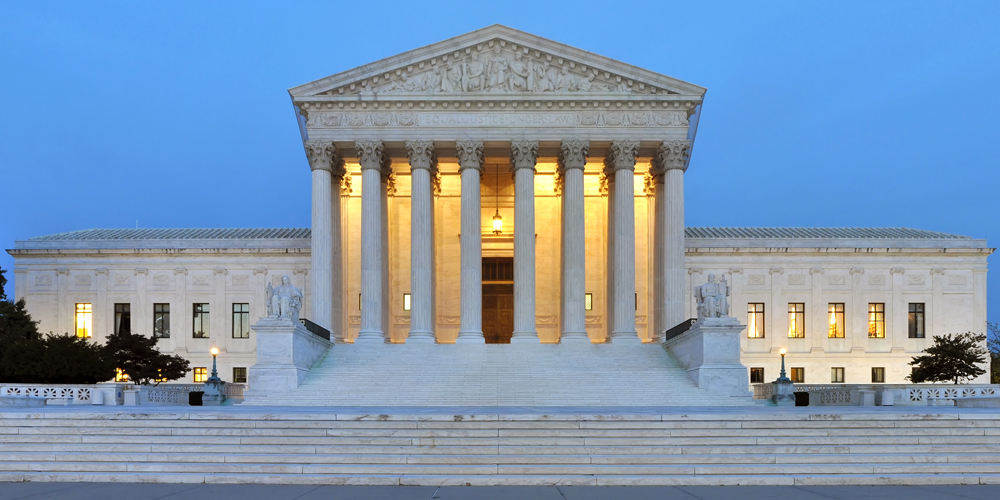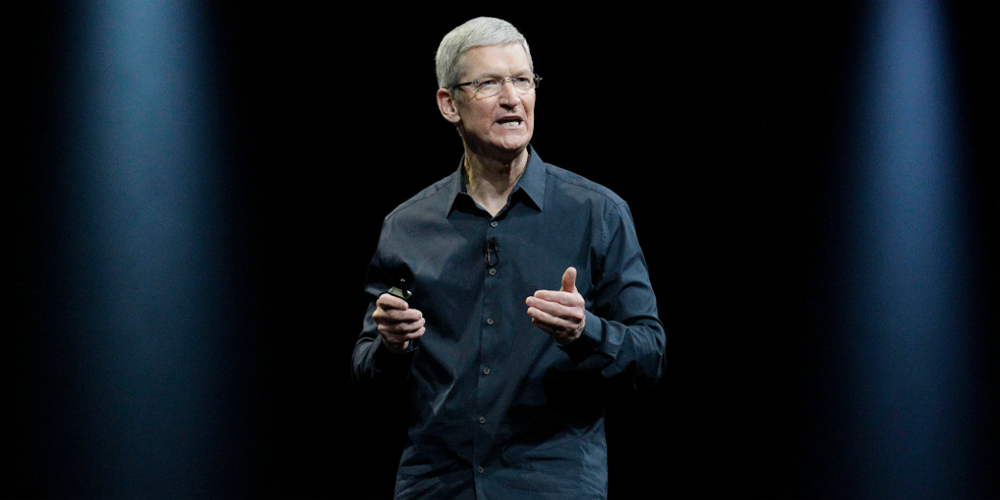How-To: Get the jump on Apple’s plans to fully secure your iPhone with two simple changes


It looks like Apple’s plans to strengthen iPhone security to make it impossible for the company to comply with future demands to hack into them will require new hardware. But you can already make it effectively impossible to gain access to your iPhone, even if Apple was forced to bypass passcode time-outs. All that is needed are two simple changes.
First, if you currently use a 6-digit passcode, change it to a longer one. If Apple removes the timeouts, and that compromised firmware gets into the wrong hands, it will take an average of just 11 hours to brute-force a 6-digit code. Simply doubling the number of digits to 12 means that the average time needed increases exponentially to 1,268 years.
If that isn’t enough for you, changing it to a complex alphanumeric one literally pushes the brute-force attack time into the millions of years. There is, however, one other weakness you need to address …






